The phone call changes everything. Your doctor mentions hospice care, and suddenly you're wondering about the people who will care for your loved one. What is a hospice nurse, and how do they differ from hospital nurses? Hospice nurses focus on comfort care instead of curative treatment, helping patients maintain dignity and quality of life during final months. They team up with personal care assistants and other specialists to provide end-of-life support that covers physical, emotional, and spiritual needs for patients and families.
Key Takeaways
• Hospice nurses put comfort first, switching from life-extending treatments to quality time and symptom control for patient dignity
• Family support goes beyond medical care to include emotional guidance, education about dying, and help with tough end-of-life choices
• Special skills make hospice nursing unique, including advanced pain management, crisis help, sensitive communication, and round-the-clock support
• Care happens in many places from home visits to nursing facilities and hospice centers, with nurses adjusting their style to each setting
• Job satisfaction comes from real relationships built during life's biggest transitions, despite the emotional weight of frequent patient loss
What Makes Hospice Nursing Different
Hospice nurse work begins from a totally different starting point than regular nursing. Hospital nurses race to solve problems and heal patients. Hospice nurses take their time. They ask what would make today better for you.
This shift changes everything. Medicine gets timed around family meals. Equipment gets picked for comfort, not function. Talks happen at kitchen tables instead of sterile rooms. Nurses remember favorite songs, grandchildren's names, stories that bring smiles.
Pain doesn't disappear—it gets controlled so life can go on. Symptoms get handled to make days better instead of chasing cures that won't come. Family moments trump test results. Nurses turn into translators, champions, and guides through places nobody wants to go.
They work with doctors, social workers, chaplains, and other team members. But their main job? Making sure nothing important gets lost between medical needs and human dignity.
Morning coffee routines matter more than clinical schedules. Baseball games become worth solving oxygen problems for. These choices aren't medical decisions,they're human ones.
Real Work
Medical tasks anchor daily visits. Nurses check blood pressure, but they're watching comfort levels, not looking for emergencies. They count heartbeats and breathing to understand how someone feels, not to sound alarms. Skin gets checked for sores that might hurt.
Pain control turns into an art. These nurses don't just pass out pills,they figure out how each person hurts differently. Some folks need medicine right on schedule. Others need extra doses when worry hits. Non-medicine tricks help too: fluffier pillows, warmer rooms, calming music during tough times.
Teaching families eats up big pieces of visit time. New caregivers learn medicine schedules that could fill books. They practice moving someone from bed to chair without anyone getting hurt. Equipment comes with directions, but nurses show the people skills that paperwork can't teach.
Care plans shift all the time. Last week's solution might not work today. Sudden pain changes need furniture fixes, not just stronger pills. Nurses write down everything, but they also catch hints—when someone stops planning ahead, when family arguments start, when tiny changes mean bigger shifts coming.

Supporting Families Through the Hardest Times
Hospice nurse support for families reaches into places most medical workers never go. Families drowning in questions get steady answers they can trust. What happens when eating stops? Why do sleep habits change? How do we know if someone hurts?
Hard talks need expert help. Families dodge conversations about DNR papers, funeral plans, and final words until nurses make safe spaces for these discussions. They help everyone speak while making sure quiet people get heard too.
Panic moments test everyone. When breathing suddenly changes or pain breaks through medicine, families lose it. Nurses bring calm know-how, walking families through quick steps while figuring out if real emergencies need different responses.
They teach families to spot natural changes that come with dying. Less eating becomes normal shift, not starvation. More sleeping becomes peaceful change, not dangerous unconsciousness. Knowledge beats fear when families understand what comes next.
Past medical help, nurses connect families with community resources, help sort through insurance messes, and work with funeral homes when time comes.
Skills That Set These Nurses Apart
Hospice nursing needs special training that other nurses never get:
Medical Know-How:
- Advanced comfort techniques using medicine, positioning, and room changes
- Crisis handling for sudden symptoms and family emergencies
- Symptom control aimed at quality of life instead of cures
- Gentle wound care focusing on dignity over aggressive healing
Talking Skills:
- Hard conversation leadership around death and dying topics
- Cultural awareness for different family traditions and beliefs
- Basic counseling abilities to help with early grief
- Family problem-solving when disagreements pop up about care choices
Practical Usage:
- Community connections to find extra support services
- Insurance help for hospice-specific benefits
- Home safety checks for medical equipment and getting around
- After-hours judgment calls for urgent worries and family fears
Many hospice nurses get extra certifications, but real learning happens at bedsides, in living rooms, and during middle-of-the-night phone calls from scared families.
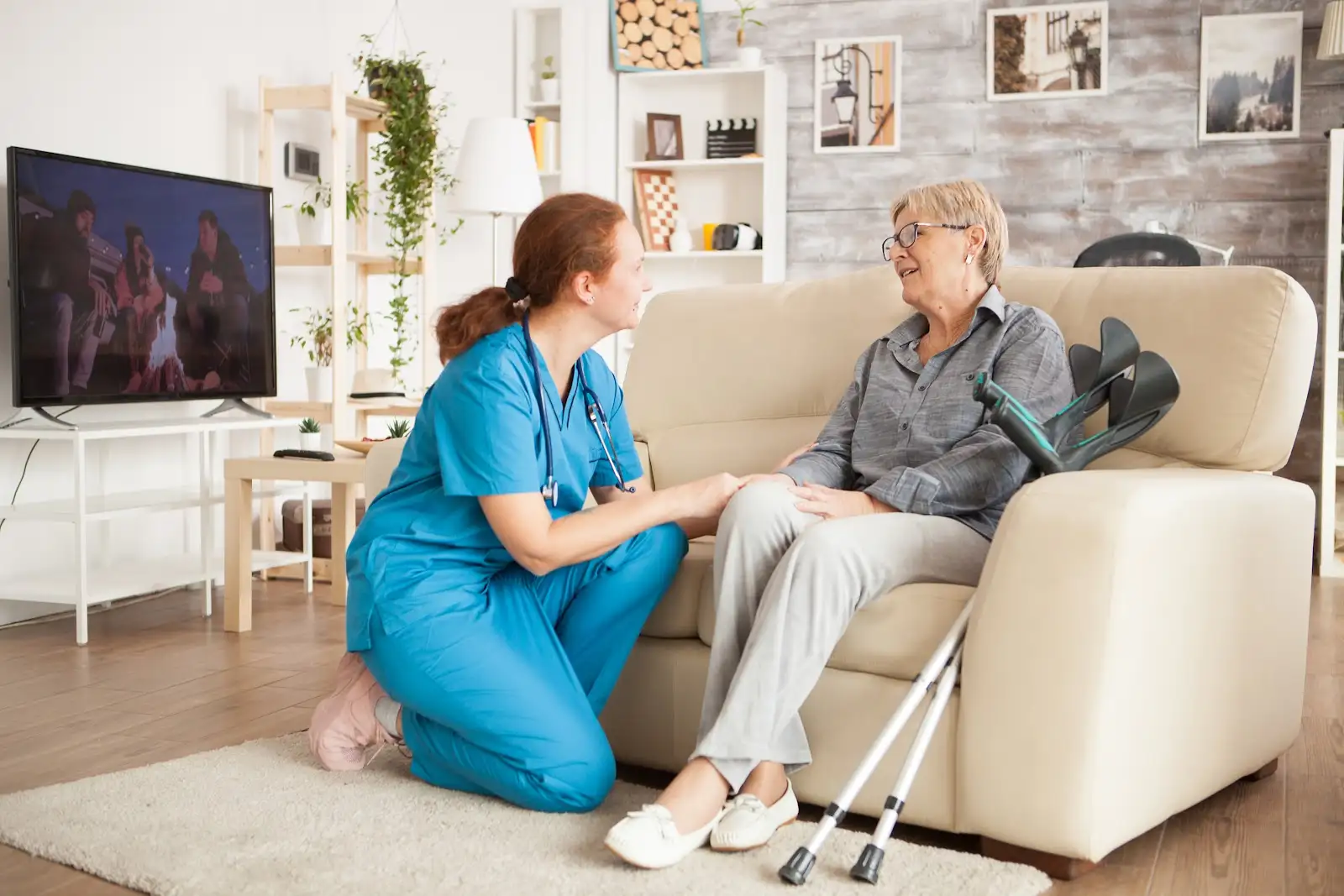
Why Nurses Choose This Work
Hospice nursing gives something most healthcare jobs can't: time to know patients as whole people. Nurses learn about jobs, adventures, regrets, and dreams. They hear stories covering decades and see love that lasts through the toughest times.
These connections often feel more like family than work relationships. Nurses show up for birthday parties, share holiday meals, and become trusted keepers of family secrets and worries. They watch grown kids make peace with aging parents and help couples say goodbye after decades together.
The work asks for emotional strength. Patient deaths happening regularly need healthy ways to cope and strong support systems. Many nurses join team talks, peer support groups, and classes focused on handling grief.
Even with these challenges, hospice nurses stick with their jobs longer than nurses in most other areas. They keep saying that helping families get through end-of-life changes with grace beats any other work they've done.
Being there during life's final chapter,with all its mess, beauty, and deep human connections,marks both nurses and families forever. Nurses talk about moments that never leave them: helping veterans finally share combat stories, watching grandmothers teach granddaughters to knit one last time, or just holding someone's hand during final breaths when family couldn't make it there.
If you'd like to learn more about hospice services and how they can support your family during difficult times, please contact us for caring guidance and information about available care options.
FAQ
How often does a hospice nurse visit patients at home?
Visit frequency depends on patient needs but usually ranges from twice weekly to daily as conditions change. Nurses also give phone support around the clock for urgent concerns between visits.
Can hospice nurses give pain medication and other treatments?
Yes, hospice nurses can give medications, manage symptoms, and provide medical treatments focused on comfort care. They work with doctors to make pain management work better.
What happens if a patient's condition gets better while getting hospice care?
Patients can stop hospice services if their condition gets stable or improves past the six-month outlook. They can also sign up again if their condition gets worse later.
Do hospice nurses only work with cancer patients?
Hospice nurses care for patients with any terminal diagnosis, including heart failure, dementia, kidney disease, lung conditions, and brain disorders. Cancer makes up only part of hospice patients.
How do hospice nurses support families after a patient dies?
Hospice programs give bereavement support for over a year after death, including counseling services, support groups, and memorial activities. The main nurse often stays in touch during early grief time.
















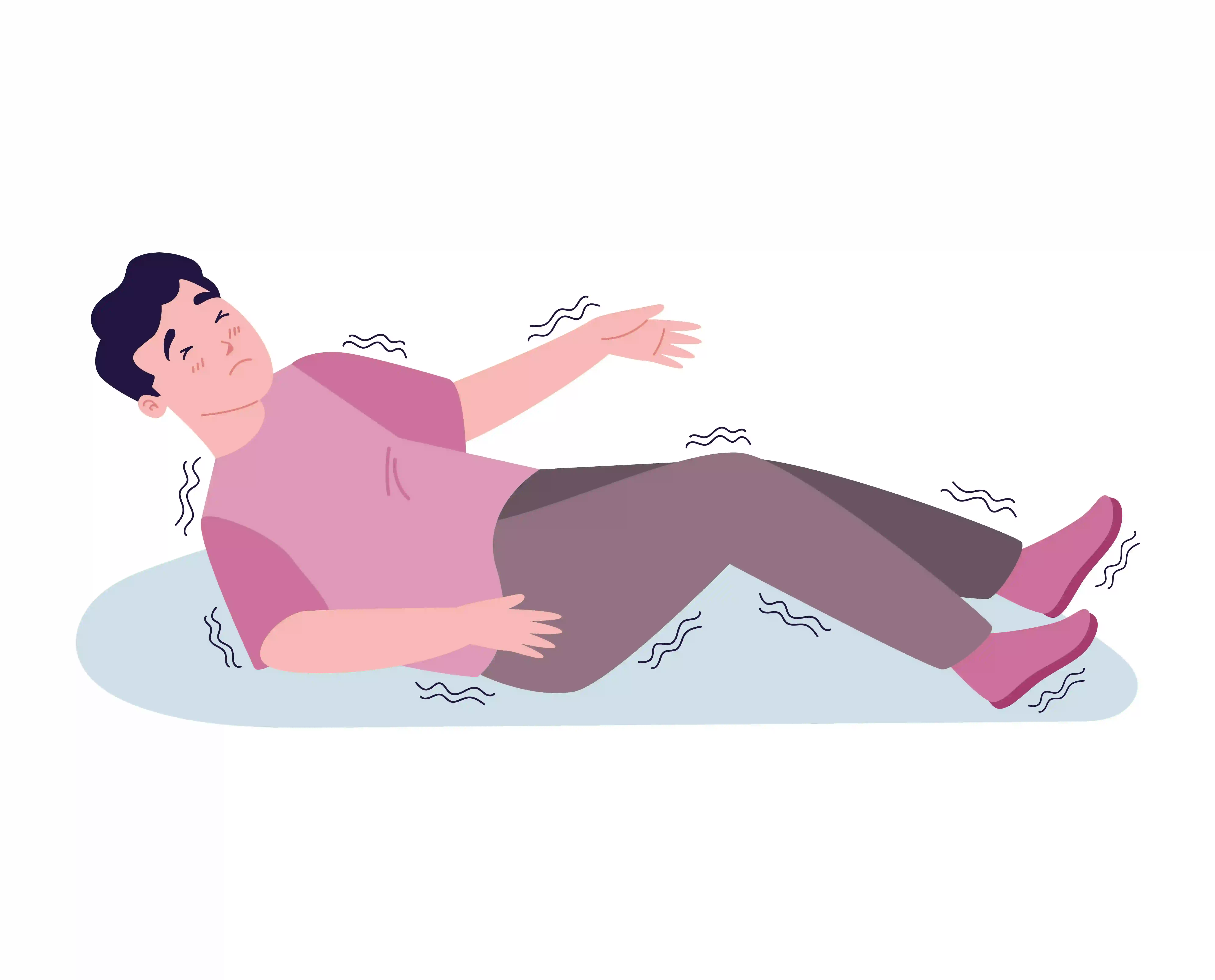
.webp)
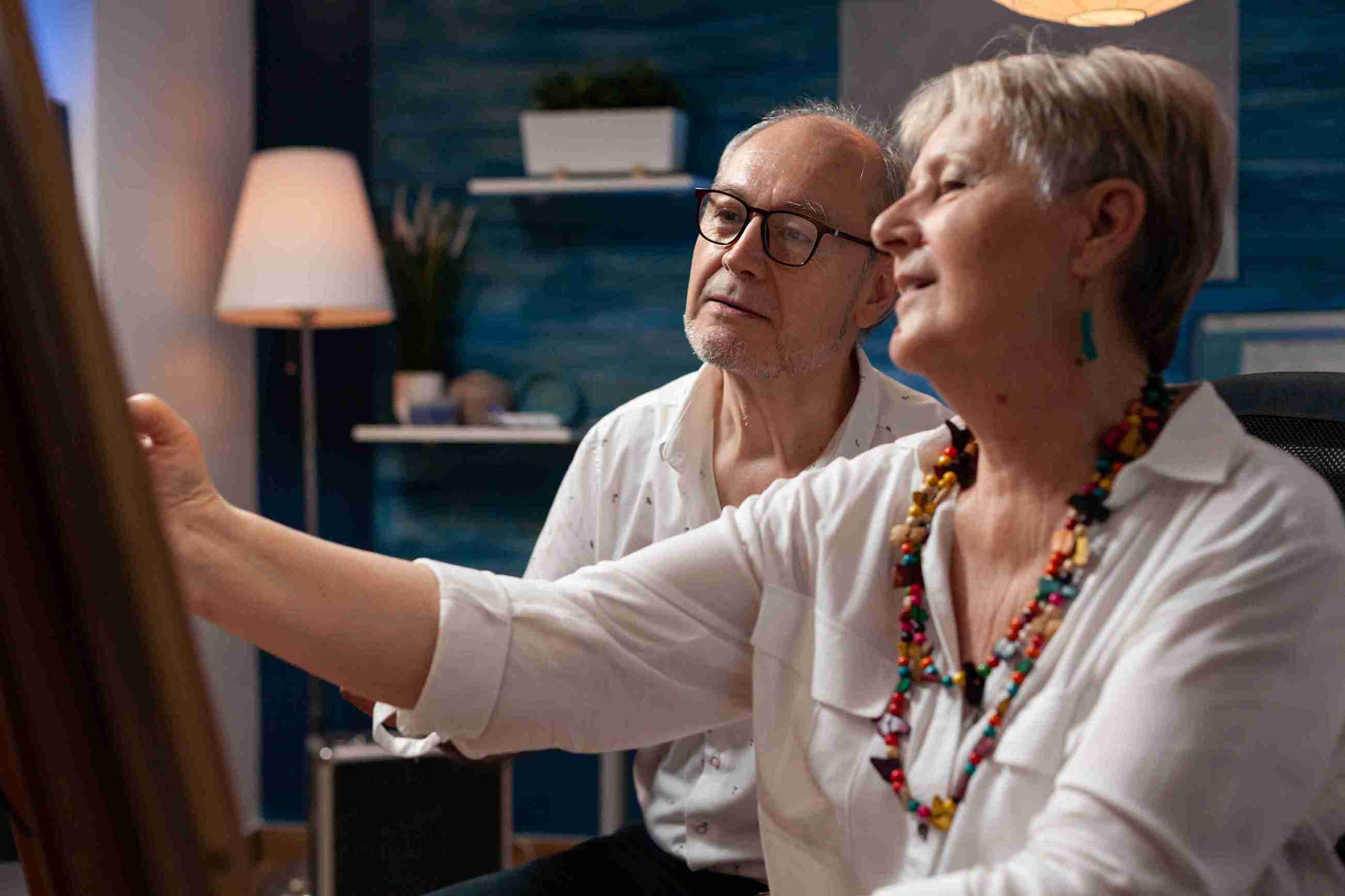
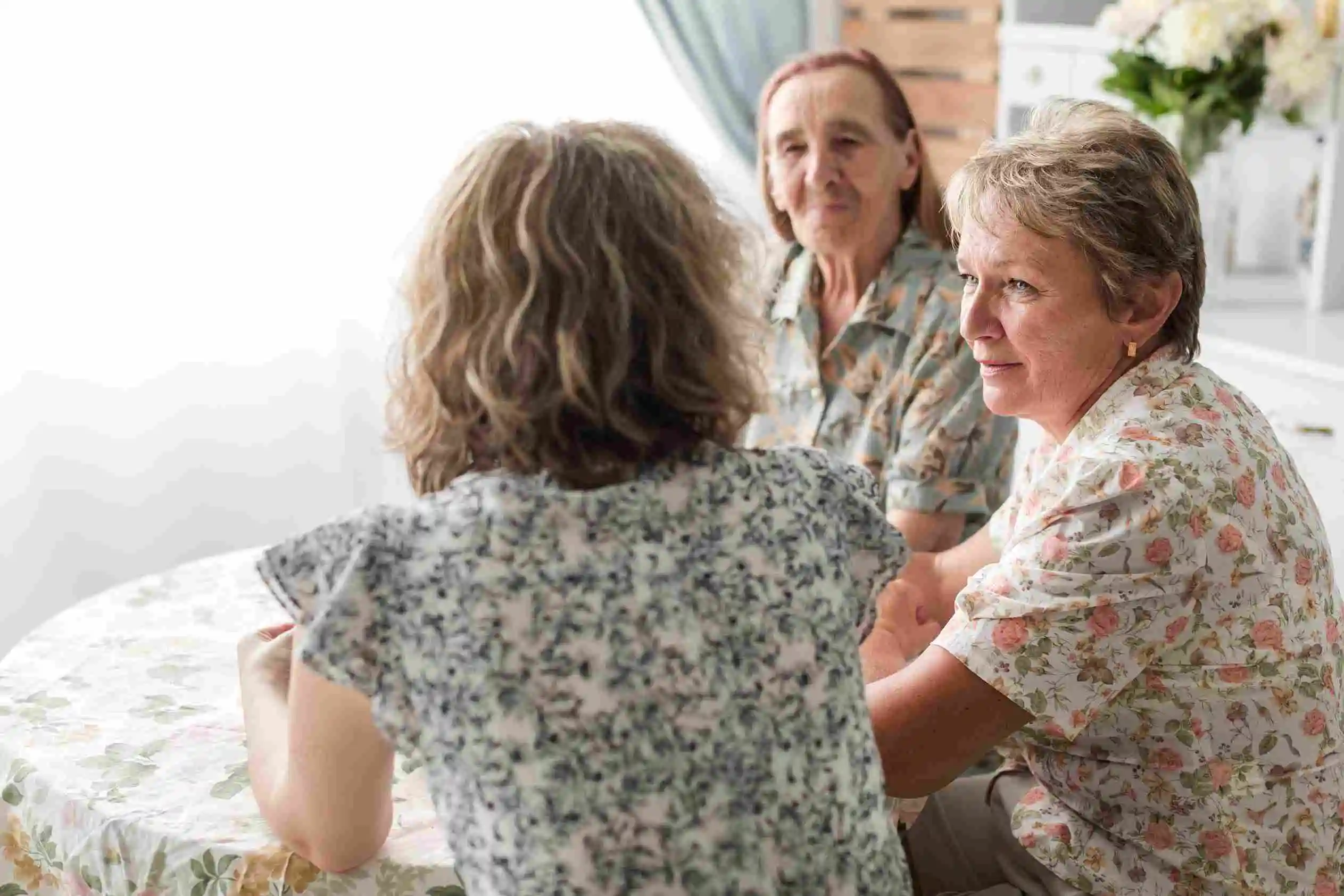
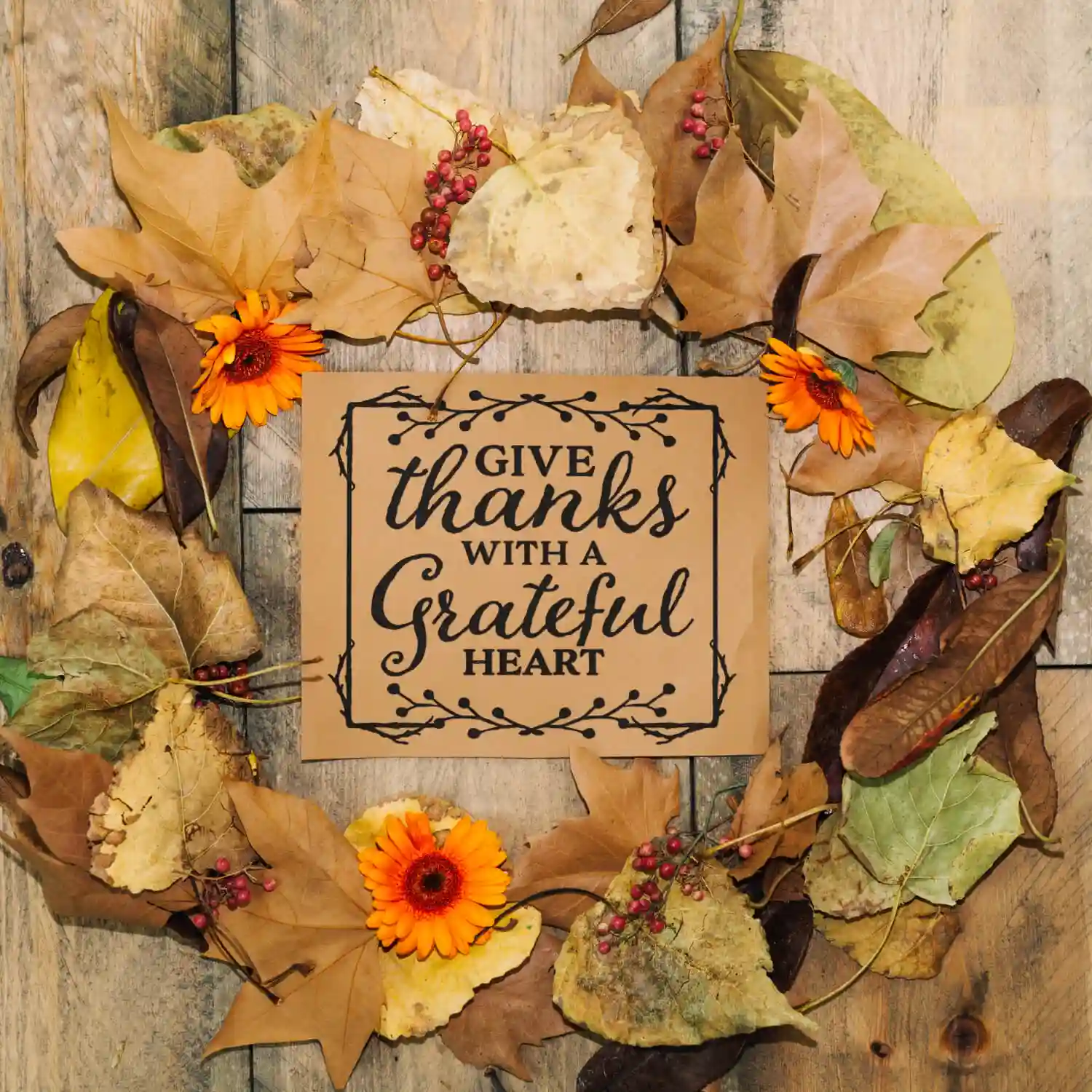
.webp)


